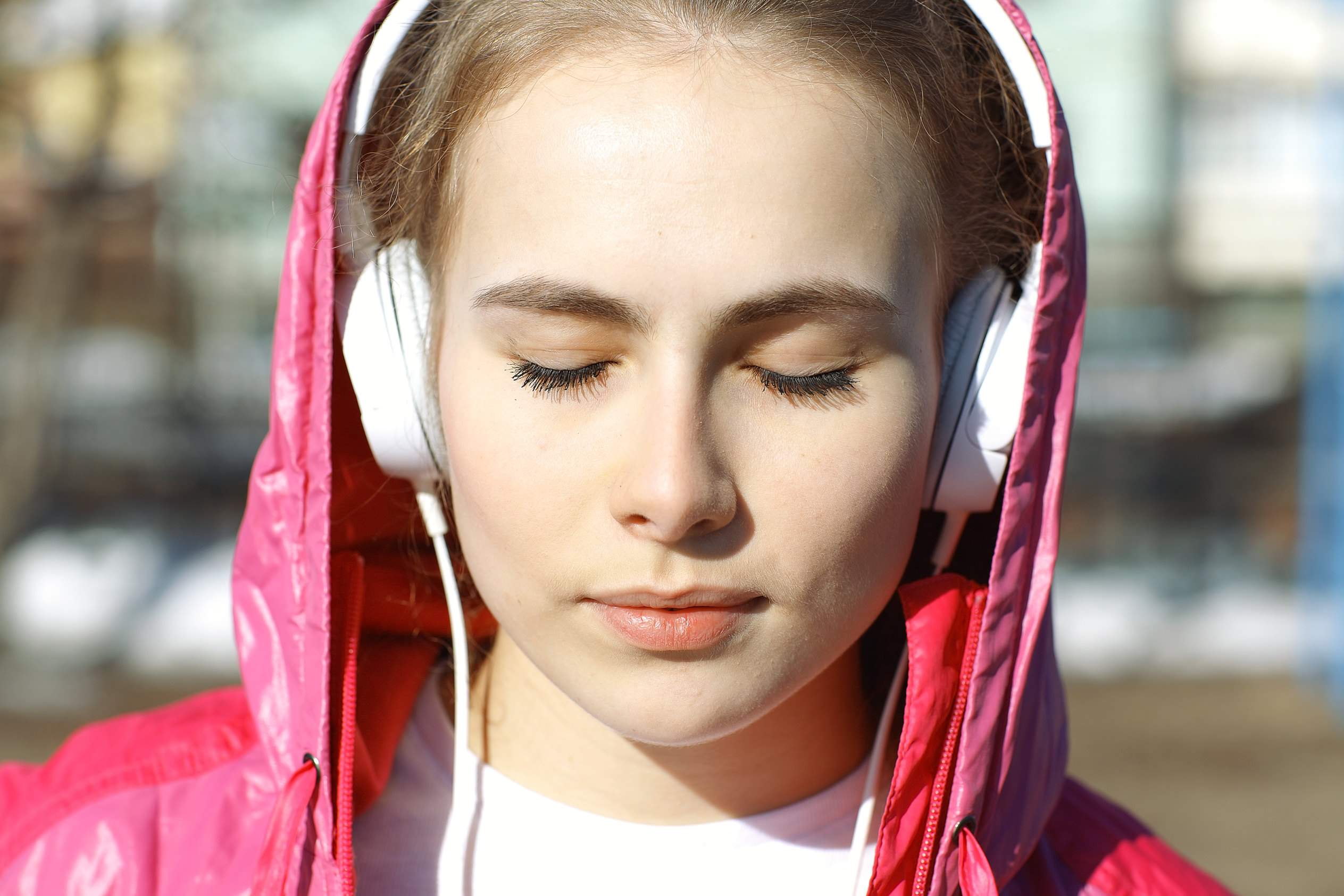Teenagehood can be filled with angst, confusion, and stress, which is why it’s a perfect time to introduce mindfulness. A 7-year study, planned by psychologists and neuroscientists from Oxford University and University College London, will explore how mindfulness affects mental health for 7,000 students aged 11 to 16.
Robert Booth, writing for The Guardian, spoke with Willem Kuyken, a professor of clinical psychology at Oxford University, who is leading the study. Booth summarizes a key point from Kuyken about the significance of this project: “the spread of mindfulness among children could do for the British population’s mental health what fluoride in the water did for its teeth.”
Since the teenage years are so unique, there is a growing field of research on the brain science behind teens and stress. Dan Siegel, an award-winning author, educator, and child psychiatrist, has been researching the teenage brain and working to help parents understand adolescence and all its mysteries. In the June 2014 issue of Mindful, Siegel shares how science can bust various myths about the teenage brain.
Here’s Siegel on some of the brain science behind teenage angst:








